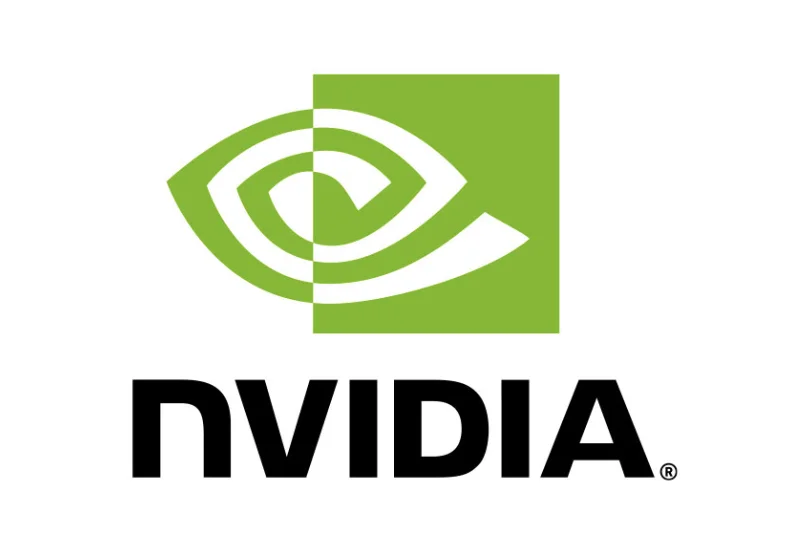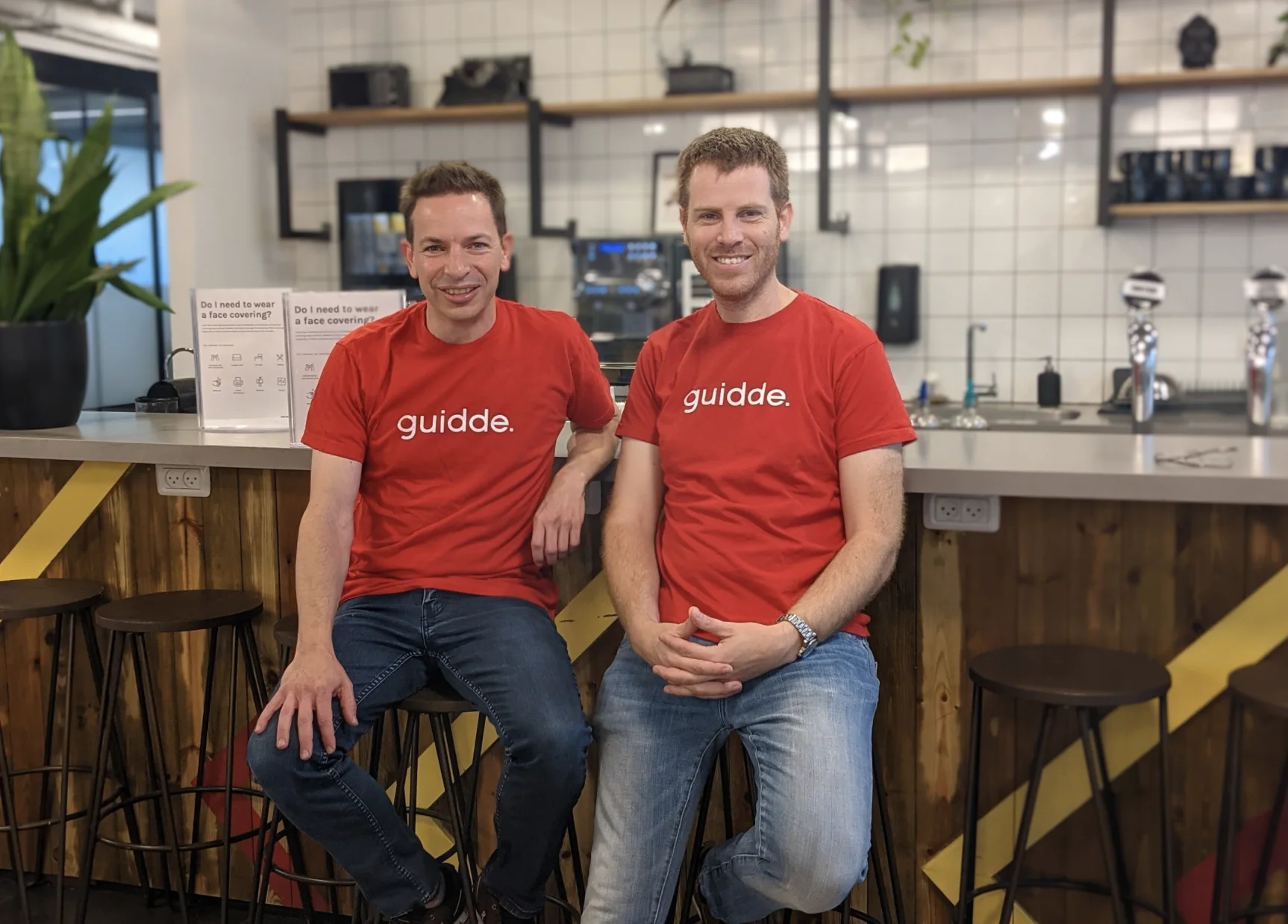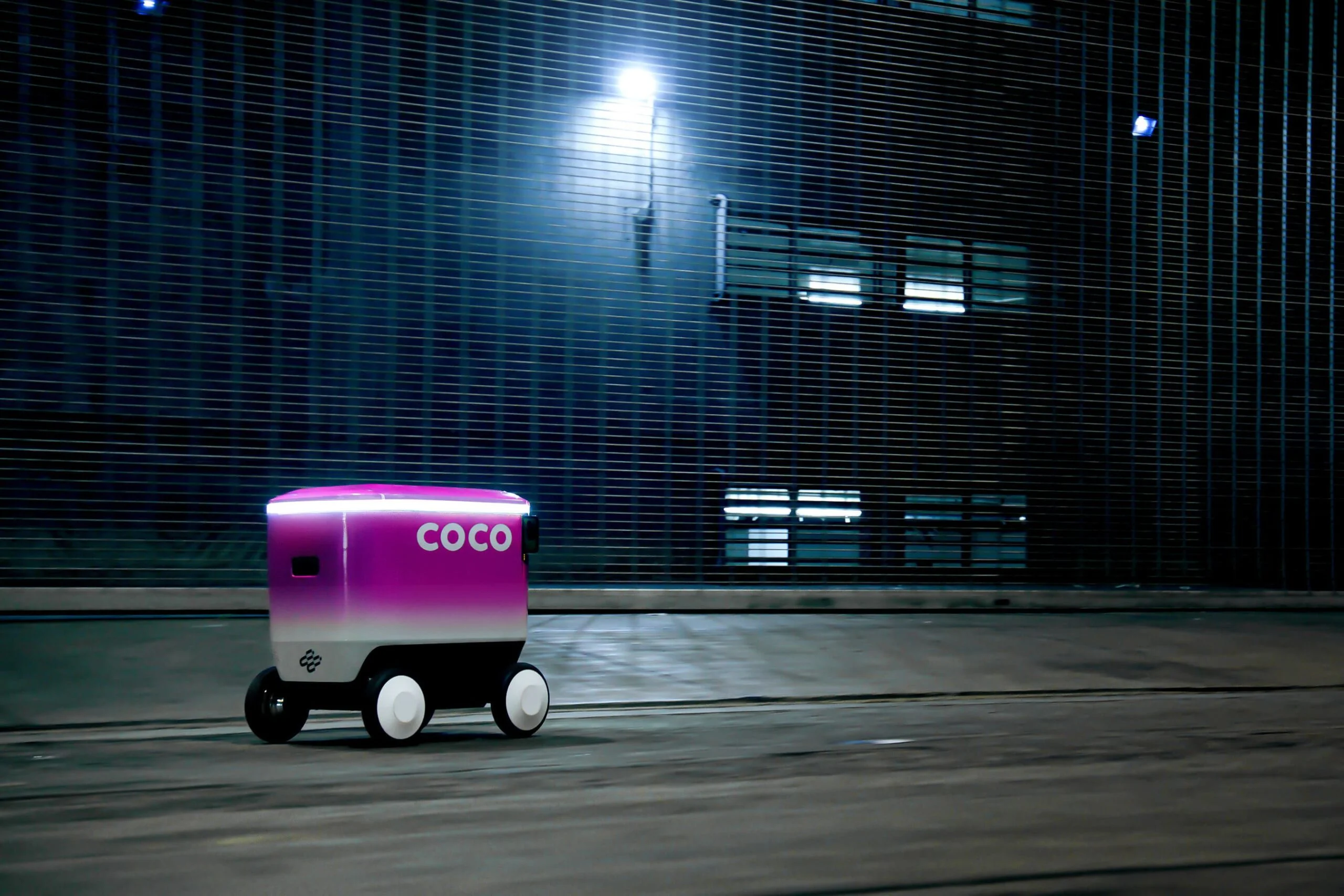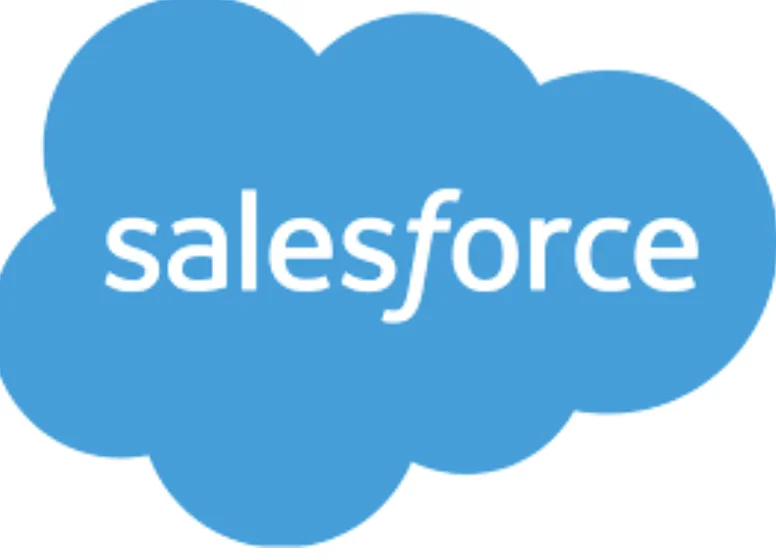Generative artificial intelligence (Gen AI) has the potential to significantly transform Ireland’s economy, contributing up to €148 billion to annual GDP by 2038, according to a new report from Accenture. The study highlights major productivity gains for both private and public sectors, with industries such as life sciences and financial services projected to achieve productivity increases of 20% and 30%, respectively.
The report estimates total annual savings across all sectors could reach €22.2 billion if the full potential of Gen AI to automate and enhance work is realised. The public sector, excluding healthcare, is identified as having the most to gain, with the potential for Gen AI to improve 42% of working hours.
“Ireland stands at a pivotal moment in its AI journey, with the potential to add €148 billion to annual GDP by 2038,” stated Hilary O’Meara, Country Managing Director for Accenture in Ireland. She underlined the importance of collaboration among government, businesses and academia to build an AI-skilled workforce and ensure responsible innovation.
However, the report also highlights several challenges, including a deployment gap between companies that have adopted AI and those lagging behind, a skills gap in the workforce, and uncertainties about leadership decisions regarding AI implementation.
Peter Burke, Minister for Enterprise, Trade and Employment, called the report a “timely and useful resource” for guiding business leaders in responsibly deploying AI. He pointed to Ireland’s updated National AI Strategy as a framework for leveraging AI’s benefits across sectors, saying: “We must keep evolving with technology, transforming how we do things, and raising productivity in both homegrown companies and multinationals.”
The study, utilized a combination of economic modelling, employee and executive surveys, case studies, and client experience to produce its findings. It underscores the transformative potential of AI for Ireland while calling for strategic action to address existing gaps and challenges.






